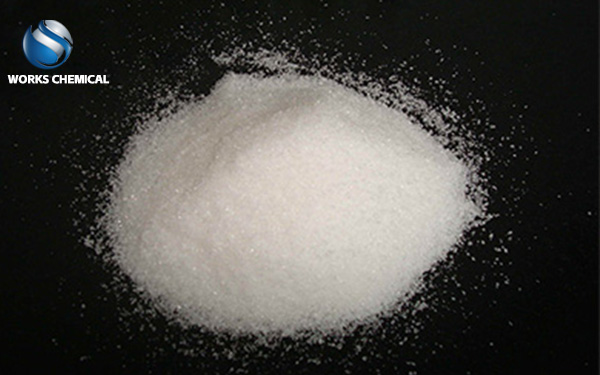
When analyzing the agents used in the sludge dewatering process, manufacturers usually recommend appropriate agents based on factors such as the nature of the sludge, treatment objectives and cost effectiveness. The following is an analysis of the commonly used agents in the sludge dewatering process, presented in a clear, point-by-point manner:

First, inorganic flocculant
Polyaluminum chloride (PAC) : This is a common inorganic flocculant, which can effectively aggregate small particles in the sludge into large particles, which is easy to remove water. PAC is usually used for the initial dehydration of sludge, which can effectively remove suspended particles and colloidal substances and improve the solid content of sludge.
Polyaluminum ferric chloride (PAFC) : Similar to PAC, PAFC is also an inorganic flocculant that can gather small particles in the sludge into large particles and promote dehydration.
Ferric chloride (FeCl3) : Also an inorganic flocculant, it can gather small particles in the sludge into large particles to help dehydration.
Second, organic flocculant
Polyacrylamide (PAM) : PAM is an organic polymer flocculant, mainly used for the late dehydration of sludge. It can increase the adhesion in the sludge and promote the rapid compression and drying of the sludge. The amount of PAM used usually needs to be adjusted according to the nature of the sludge and the treatment objectives.
3. Other medicines
Lime: Lime is a common alkaline flocculant that can regulate the pH value of the sludge while promoting the dehydration of the sludge. However, it should be noted that excessive use of lime may cause adverse effects on equipment and the environment.
New sludge conditioner: This is a new type of organic dehydrating agent (sludge enhancer), suitable for deep dehydration of plate and frame filter press. It can reduce the moisture content of the sludge and improve the efficiency of mud pressing, while not changing the properties and pH value of the sludge.
Four, pharmaceutical selection suggestions
According to the nature of the sludge and the treatment target to choose the appropriate agent. For example, for sludge with higher concentration, organic polymer flocculants such as PAM can be selected; For sludge with lower concentration, inorganic flocculants such as PAC can be selected.
It is necessary to pay attention to the dosage and mixing method of the drug. Excessive use of chemicals may lead to increased costs and environmental pollution. However, uneven mixing may affect the effect of the drug.
When choosing an agent, factors such as cost-effectiveness need to be considered. The price and effect of different agents may be different, and it is necessary to choose the right agent after comprehensive consideration.
In summary, when analyzing the agent used in the sludge dewatering process, the sludge synergist manufacturer will comprehensively consider the nature of the sludge, treatment objectives, cost effectiveness and other factors to recommend the appropriate agent. In practical applications, it is necessary to choose the appropriate agent and dosage according to the specific situation to achieve the best dehydration effect.